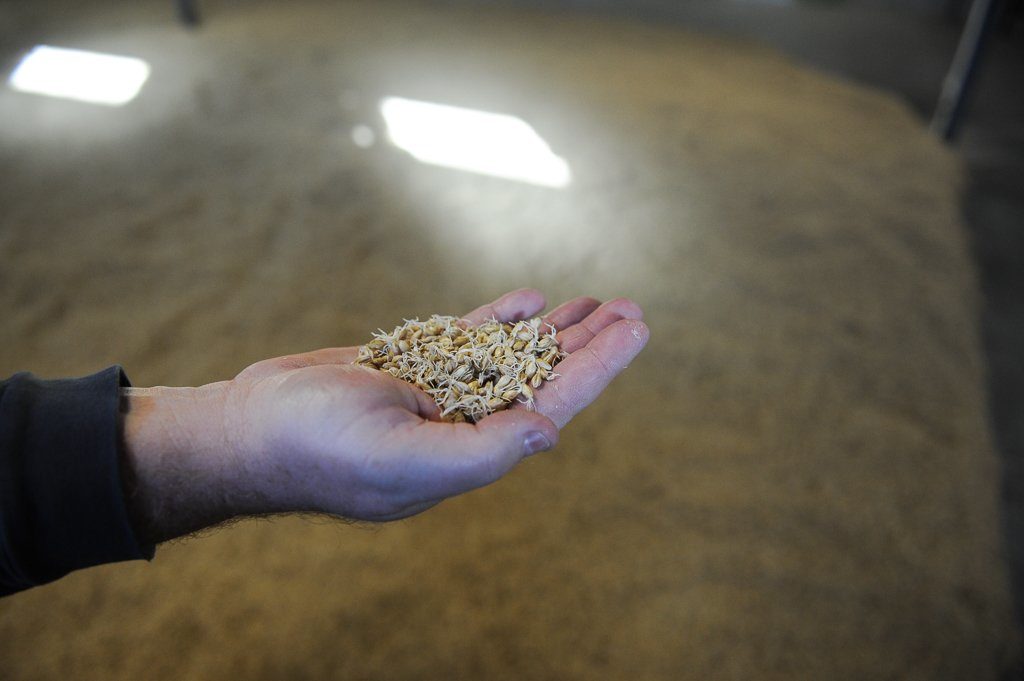This great big world is full of many beers from all over the world. But often we tend to focus on Denver’s beer because — let’s be honest — it’s great. But beer has been fermenting in human history throughout civilization. So to take a break from our Denver beer bubble, here are nine things you might not know about the history and culture of beer from around the world.
1. Egypt is one of the oldest cultures whose history directly mentions beer and brewing. In some texts, even as old as 3500 BC.(1) Ancient Egyptian inscriptions and documents state that beer, together with bread, was a staple item of diet. (2)
2. The Egyptians even had a goddess for beer and brewing, named Tjenenet (or Tenenit). Her name is possibly derived from ‘tenemu,’ which is Egyptian for beer. (3)
3. There are historical accounts of beer being a form of payment in Egypt. A gallon for a hard day’s (slave) labor, which was probably brewed with Emmer (a wild wheat) (1), barley, and malt. It was likely fermented with dates and local spices — cumin, coriander, and cardamom, and honey are all possibilities.

A collection of spices that are similarly used in modern liquor production today, such as these at Leopold Bros. Photo by Glenn Ross
4. The ancient Code of Hammurabi–one of the oldest recorded inscriptions of laws in human history– mentioned beer (5). It specifically spoke of watered down beer. At the time it was common for tavern owners to water down what they served to save some coin. The reparations of such actions were to be ‘thrown in the water’ — a pleasant way of saying they would be drowned.
6. German beer history is slow before Reinheitsgebot — a German Beer Purity Law from 1487.(6) Before the discovery of yeast, the law required that beer must only contain water, barley, and hops. After it was discovered that yeast was an essential ingredient in brewing beer, it was added to the list of acceptable ingredients in 1516.(7)

Oktoberfest in Denver. The festival is one of many effects of German beer culture. Photo by Glenn Ross

